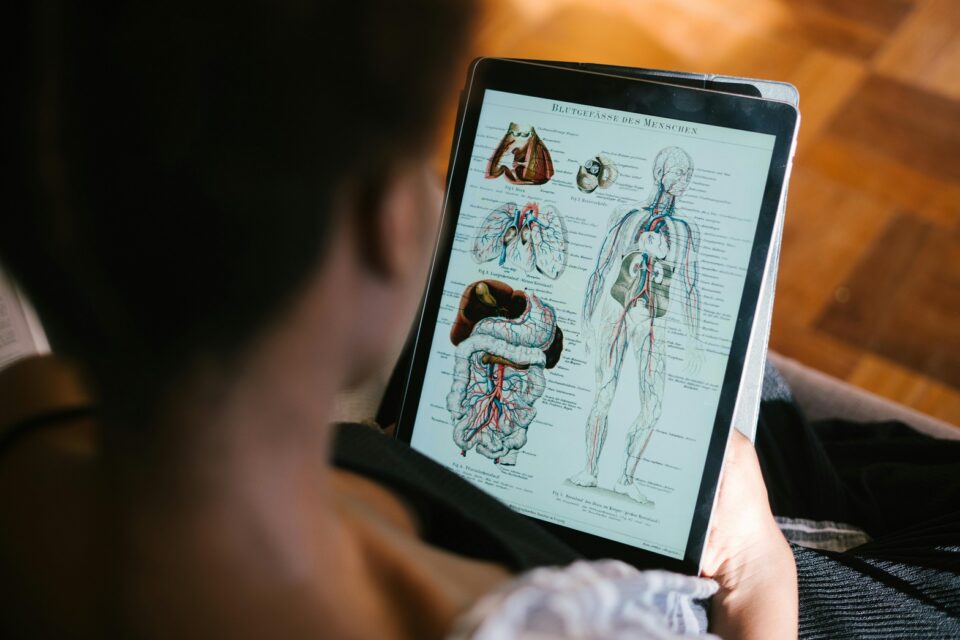As an experienced educator, I have witnessed firsthand how the digital landscape has reshaped industries. And perhaps no sector is undergoing a more profound transformation than education. We’re no longer confined to dusty textbooks and echoing lecture halls. The future of education is dynamic, personalized, and intrinsically linked with the power of technology. Let’s explore this exciting evolution and understand how it’s changing the very fabric of how we learn.
The Digital Classroom: Beyond Four Walls
Remember the days when learning was geographically bound? Today, technology has shattered those limitations. The rise of online learning platforms, from massive open online courses (MOOCs) to specialized virtual academies, has democratized access to education on an unprecedented scale. As individuals seeking knowledge, we now have the world’s expertise at our fingertips. Whether you’re interested in astrophysics from MIT or the nuances of Italian cooking from a renowned chef, chances are there’s an online course tailored to your interests.
Personalized Learning: Tailoring the Educational Journey
One of the most significant advancements technology brings is the ability to personalize the learning experience. Gone are the days of a one-size-fits-all approach. Artificial intelligence (AI) powered learning platforms can now analyze our individual learning styles, paces, and knowledge gaps. This data allows the system to adapt, providing customized content, recommending specific resources, and offering targeted support where we need it most. As a learner, this means a more engaging and effective journey, focusing on areas where we can truly grow.
Interactive Learning: Engagement Beyond the Page
Let’s be honest, traditional learning methods could sometimes feel passive. Technology injects dynamism and interactivity into the educational process. Multimedia resources like videos, interactive simulations, and gamified learning applications transform abstract concepts into tangible experiences. As students, we become active participants, exploring, experimenting, and problem-solving in ways that were previously unimaginable. This hands-on approach fosters deeper understanding and makes learning more enjoyable.
The Role of Mobile Learning: Education on the Go
In today’s fast-paced world, flexibility is key. Mobile learning, leveraging smartphones and tablets, allows us to learn anytime, anywhere. Whether it’s catching up on readings during a commute or reviewing notes before bed, mobile learning seamlessly integrates education into our busy lives. As lifelong learners, this accessibility empowers us to continuously expand our knowledge and skills without being tethered to a specific location or schedule.
Preparing for the Future Workforce: Essential Digital Skills
The modern workforce demands a different skillset than it did even a decade ago. Technology in education isn’t just about how we learn; it’s also about what we learn. Integrating digital literacy, coding skills, and data analysis into the curriculum is crucial for preparing us for the jobs of tomorrow. As individuals entering or navigating the workforce, these skills are increasingly becoming essential for success.
Addressing the Challenges: Ensuring Equitable Access
While the potential of technology in education is immense, it’s crucial to acknowledge the challenges. The digital divide, the gap between those who have access to technology and those who don’t, remains a significant concern. As a society committed to equitable education, we must work towards bridging this gap to ensure that the benefits of technological advancements reach all learners, regardless of their socioeconomic background.
The Evolving Role of Educators: Guiding the Digital Learner
The role of educators is also evolving in this technology-rich landscape. While traditional teaching methods remain valuable, educators are increasingly becoming facilitators of learning, guiding us through the vast digital resources available and fostering critical thinking skills. As learners, we benefit from their expertise in navigating this complex environment and developing the skills to become independent, informed individuals.
Embracing the Technological Transformation
The future of education is undeniably intertwined with technology. From personalized learning paths to interactive experiences and anytime, anywhere access, technology is empowering us to learn in more effective and engaging ways. As we continue to embrace these advancements, it’s vital to address the challenges of equity and support the evolving role of educators. The journey of learning is being redefined, and I, for one, am excited to witness and participate in this transformative era.

